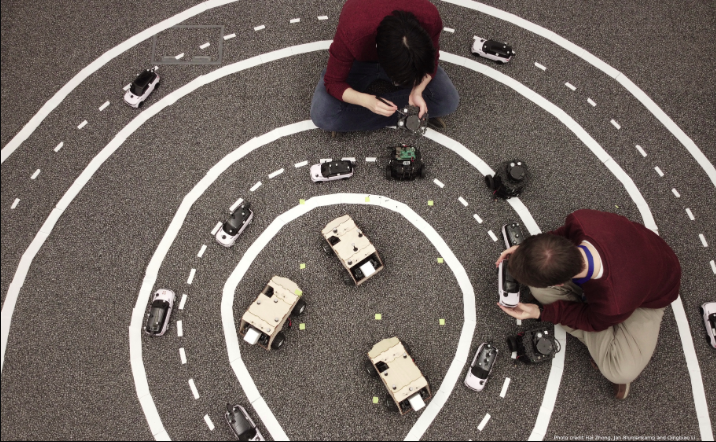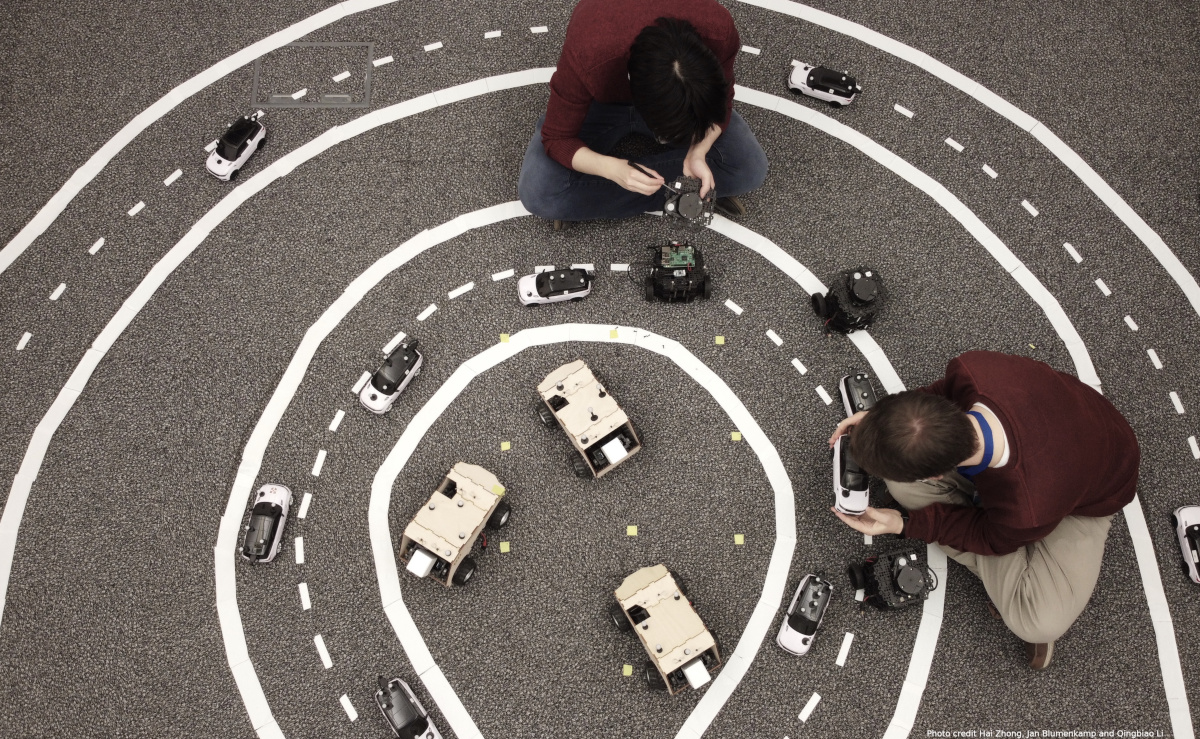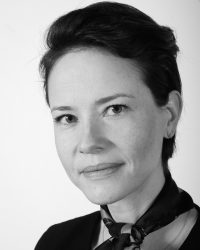
Robohub.org
331
Multi-Robot Learning with Amanda Prorok


Image credit: J. Blumenkamp, Q. Li, H. Zhong
In this episode, Lilly interviews Amanda Prorok, Professor of Computer Science and Technology at the University of Cambridge. Prorok discusses her research on multi-robot and multi-agent systems and learning coordination policies via Graph Neural Networks. They dig into her recent work on self-interested robots and finding explainability in emergent behavior.

Amanda Prorok
Amanda Prorok is an Assistant Professor (University Lecturer) in the Department of Computer Science and Technology, at Cambridge University, and a Fellow of Pembroke College. She serves as Associate Editor for IEEE Robotics and Automation Letters (R-AL) and Associate Editor for Autonomous Robots (AURO). Prior to joining Cambridge, Prorok was a postdoctoral researcher at the General Robotics, Automation, Sensing and Perception (GRASP) Laboratory at the University of Pennsylvania, USA, where she worked with Prof. Vijay Kumar. She completed her PhD at EPFL, Switzerland, with Prof. Alcherio Martinoli.
Links
- Download mp3 (19.6 MB)
- Subscribe to Robohub using iTunes, RSS, or Spotify
- Support us on Patreon
tags: podcast, Research, robot, Swarming



